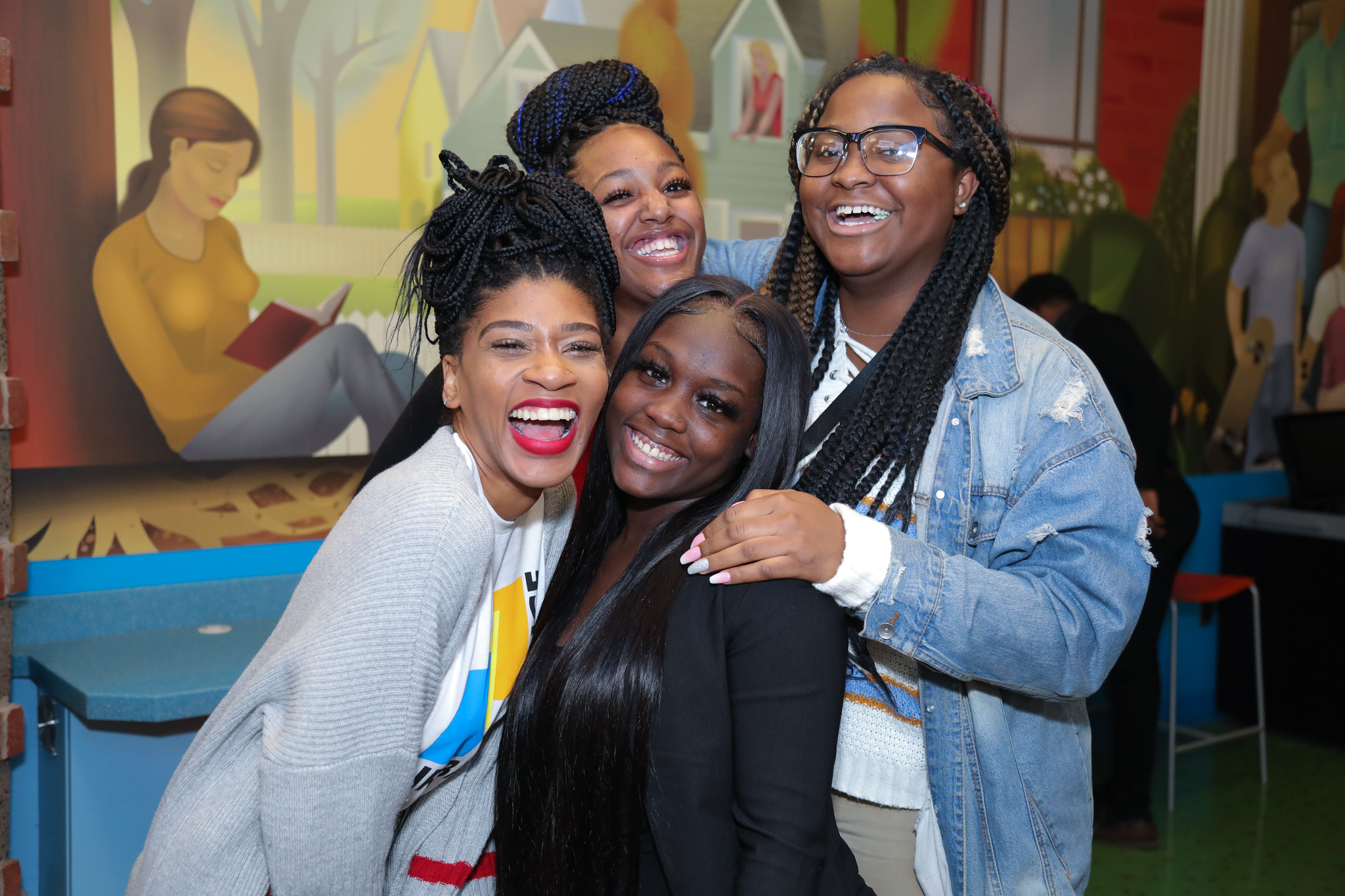How We Measure
Urban Alliance is strongly committed to its process and results. Our data collection, analysis, and reporting process helps us ensure the highest-quality results. Young people are followed and assessed both while they are in the program and after they've completed it to help ensure ongoing connection to successful pathways.
Professional Skill Evaluations
All Urban Alliance interns receive three skill set evaluations, which capture growth and progress along 11 unique professional skills.
Alumni Follow-Up
Urban Alliance works with networks of program graduates to track their progress in college and the workforce.
Performance Reports
To best fulfill our mission, we use program evaluation and data analysis to understand our impact, highlight our strength and pinpoint improvement areas. Our performance reports show results.
The Highest-Quality Data
In addition to our rigorous internal evaluation, Urban Alliance partners with Urban Institute to conduct two nationally-funded randomized controlled trials (RCT), helping us to ensure that we deliver on our promise to young people. Using an RCT allows Urban Alliance to use the best science to assess our results.
In August 2017 we completed our first independent, six-year, randomized controlled trial measuring Urban Alliance’s long-term impact on youth who completed our core High School Internship Program.
Our partner Urban Institute, a nationally-recognized, independent research organization, followed 1,062 Washington, DC and Baltimore youth from the 2011-2012 and 2012-2013 school years throughout the program and into their third year after Urban Alliance. They found that completing Urban Alliance has a significant impact on:
- the likelihood of young men attending college,
- the likelihood of middle-tier students attending a 4-year college, and
- the retention of critical job skills over time.
We’ve always known from internal data and the individual student successes we see each year that we’re doing something right, but completing this RCT has given us a powerful new way to show the incredible impact Urban Alliance has on our students. These results will also help us to expand our work to serve even more students.
Our interim results were also used to win an Investing in Innovation (i3) validation grant from the Department of Education – one of just 14 awarded that year – which will help us expand to a fifth region in 2018.
Only two percent of nonprofits ever conduct an RCT, generally regarded as the gold standard of program evaluation.
In January 2021, an implementation report of our replication study was released.
